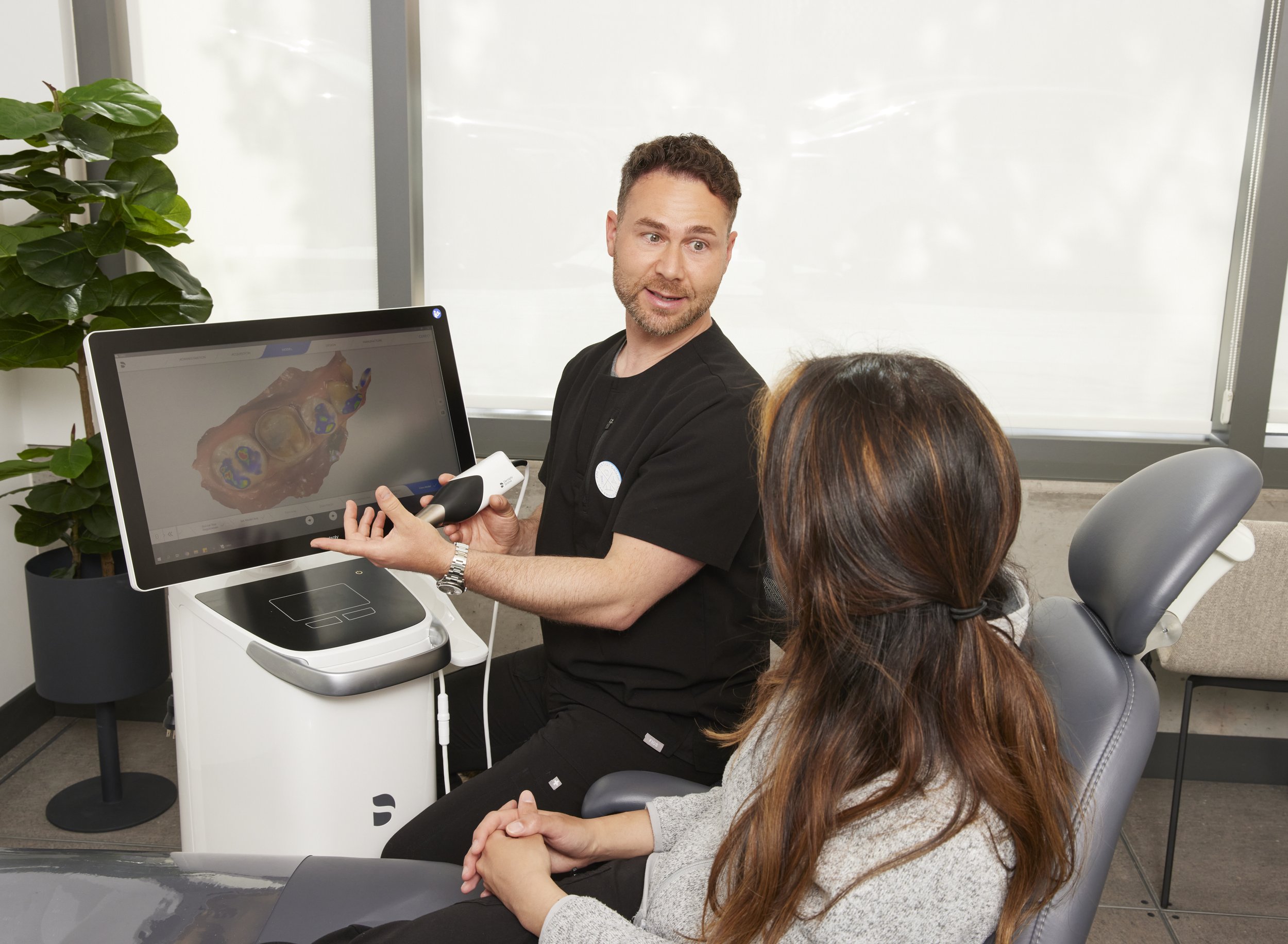Communication is the key to any successful relationship, and your relationship with your dentist is no exception. Clear and effective communication ensures that you receive the best possible dental care and helps you and your dentist develop a mutual understanding. Whether you're visiting for a routine check-up or discussing a specific dental concern, here are some tips on how to effectively communicate with your dentist.
1. Be Prepared
Before your dental appointment, take a few minutes to jot down any questions or concerns you might have. This will help you stay organized and prevent you from forgetting anything important during your visit. Being prepared will give your dentist a better understanding of your needs and will allow them to address your concerns more effectively.
2. Be Honest
One of the most important aspects of communication is honesty. Be open about any dental issues you may be experiencing, even if you find them embarrassing. Dentists are professionals who are trained to handle a wide range of problems, so don't be afraid to share your concerns. By providing all the necessary information, you are helping your dentist make the right diagnosis and develop a suitable treatment plan.
3. Ask Questions
Don't hesitate to ask questions about your oral health, dental procedures, or treatment options. Your dentist is there to provide you with information and guidance. Asking questions helps you gain a better understanding of your dental health and the recommended treatments. It also allows your dentist to explain procedures in detail, alleviating any anxiety you may have.
4. Be Clear about Your Expectations
Clearly communicate your expectations to your dentist. For instance, if you have any dental anxieties, inform your dentist beforehand, so they can take steps to make you more comfortable during your visit. If you have personal preferences or specific concerns regarding your treatment, express them openly. Clear communication ensures that you and your dentist are on the same page and can work towards achieving your dental goals.
5. Follow-Up and Share Feedback
After your dental appointment, if you have any concerns or questions that arise, don't hesitate to follow up with your dentist. A good dentist will always be willing to address any post-visit concerns you may have. Additionally, sharing feedback about your experience with the dental practice can help them improve their services and provide better care to their patients.
Remember, effective communication is a two-way street. It requires both parties to actively participate and listen to each other. By implementing these tips, you can enhance your communication with your dentist, leading to a more positive dental experience and optimal oral health outcomes.
At The Dentist Group, we prioritize effective communication and strive to provide the best care possible. If you have any questions, concerns, or dental needs, don't hesitate to reach out to us. Your oral health is our priority.
Learn more about our practice here: The Dentist Group

